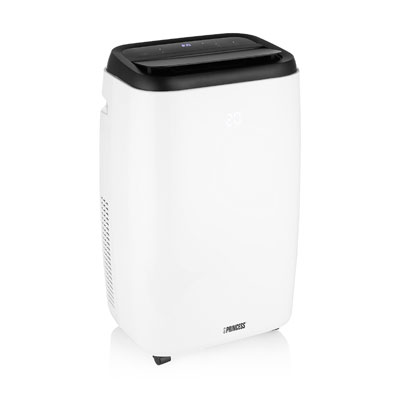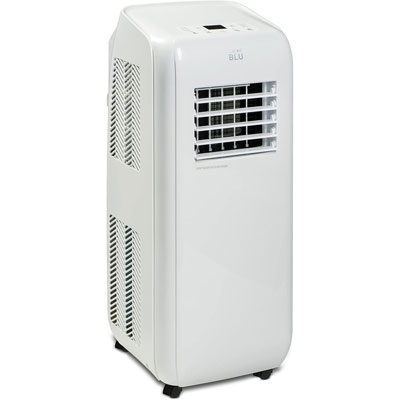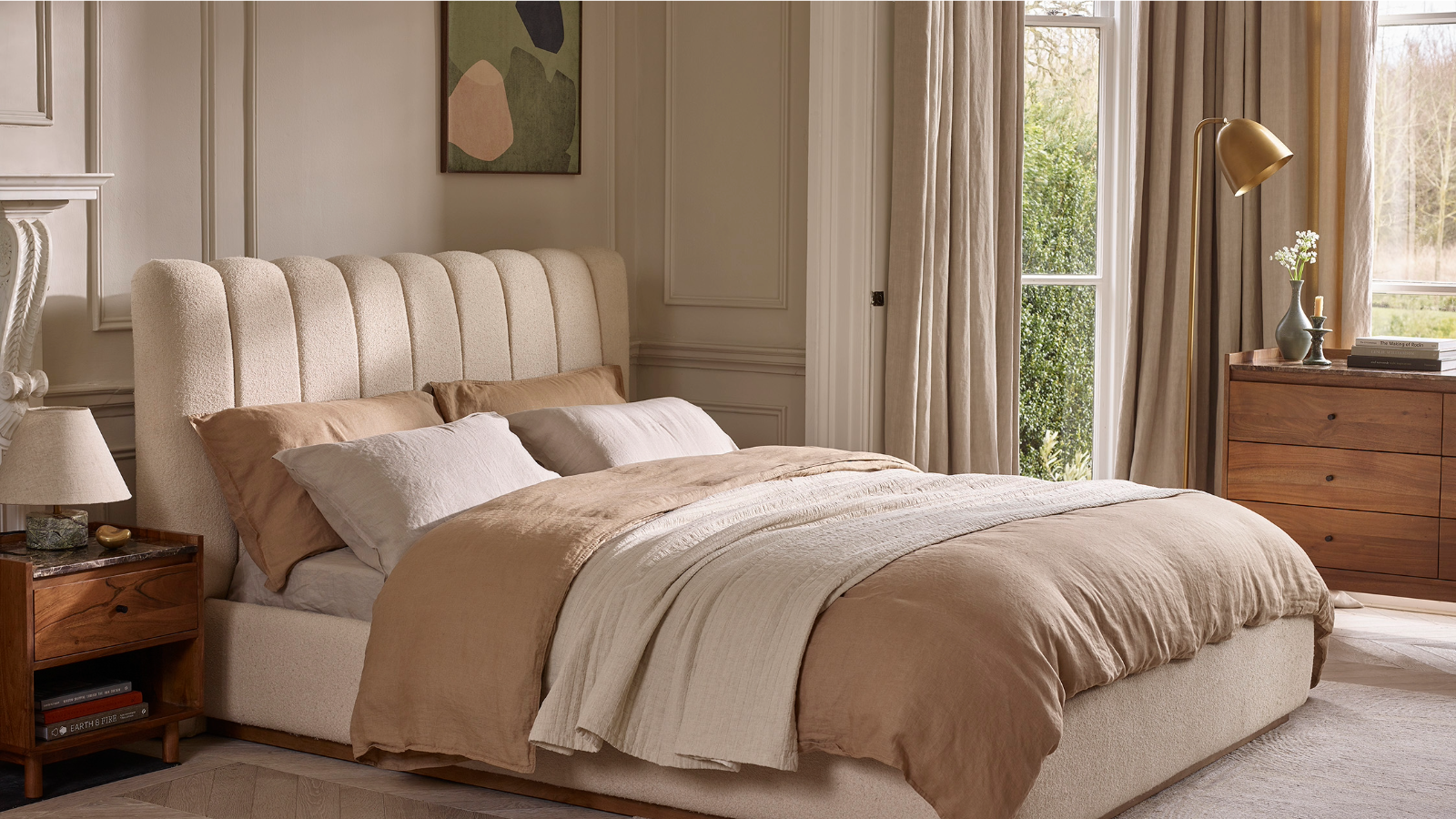Do you know how much HVAC costs from purchase point to maintenance? Our guide is here to help
It is important to understand all the costs involved with living with an HVAC system – our expert-led guide explains all
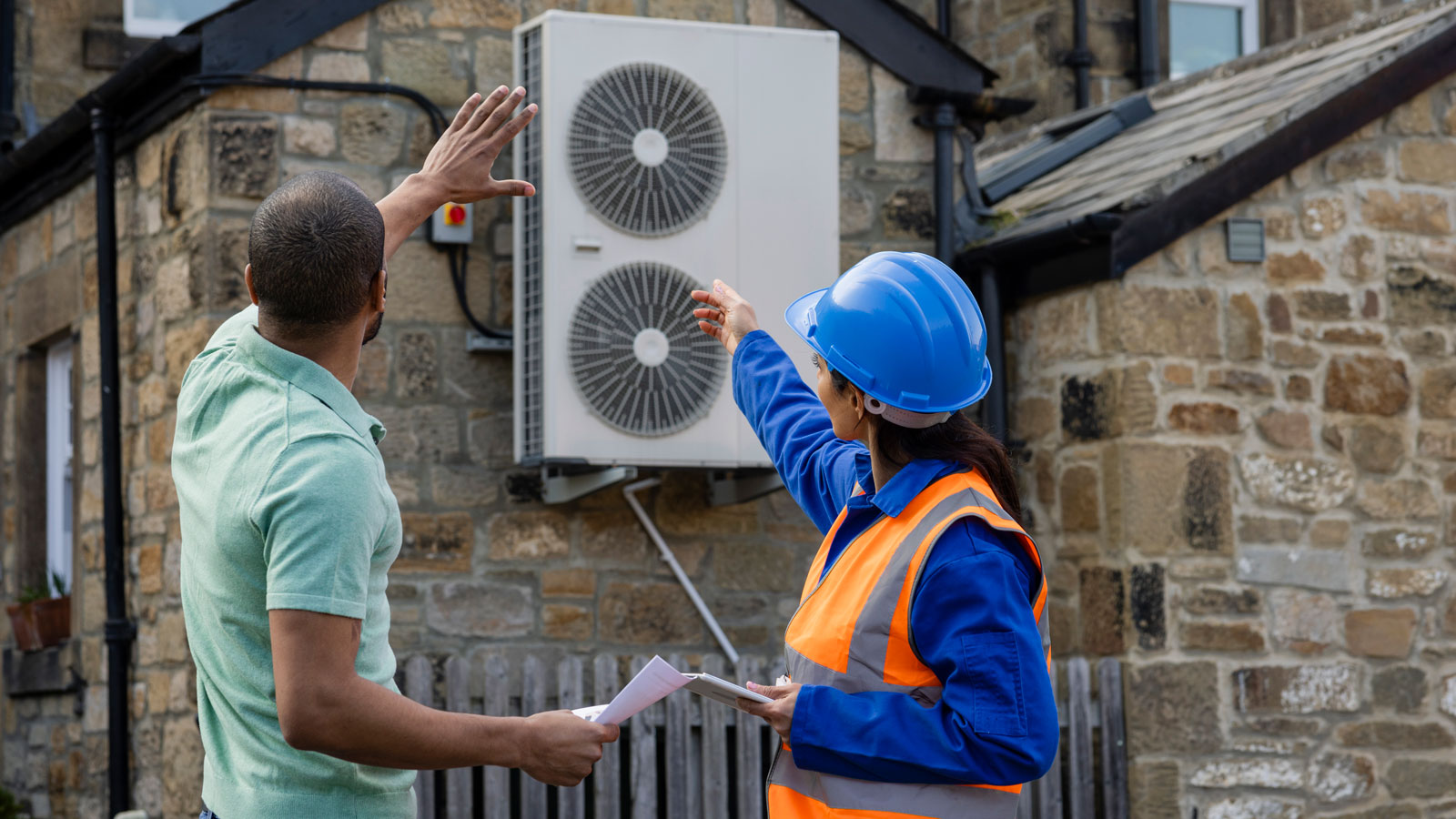
Bring your dream home to life with expert advice, how to guides and design inspiration. Sign up for our newsletter and get two free tickets to a Homebuilding & Renovating Show near you.
You are now subscribed
Your newsletter sign-up was successful
How much HVAC costs to buy, install and run on a day-to-day basis is one of the main concerns that homeowners considering this type of system tend to have.
While there are many benefits to be had from incorporating HVAC into your home, it inevitably comes at a price, albeit one that should be considered over the long term.
We reached out to the experts to discover how much homeowners need to budget in order to get HVAC up and running in their homes and how they can ensure they aren't met with any hidden costs that could throw their project off track.
How much does HVAC cost to buy and install?
When calculating how much HVAC will cost, you need to factor in both the purchase price for the unit as well as its installation, just as with air conditioning, which falls under the umbrella term 'HVAC'.
'For a single‑room split system, most homeowners are looking at around £2,000 to £2,500 fully installed,' reveals Martyn Fowler, founder of Elite Renewables. 'A multi‑split system that serves several rooms can start from about £5,000 and rise depending on how many indoor units you need.'
It is important to recognise that the costs associated with HVAC don't stop at purchase and installation. Running costs and maintenance also need to be taken into account.
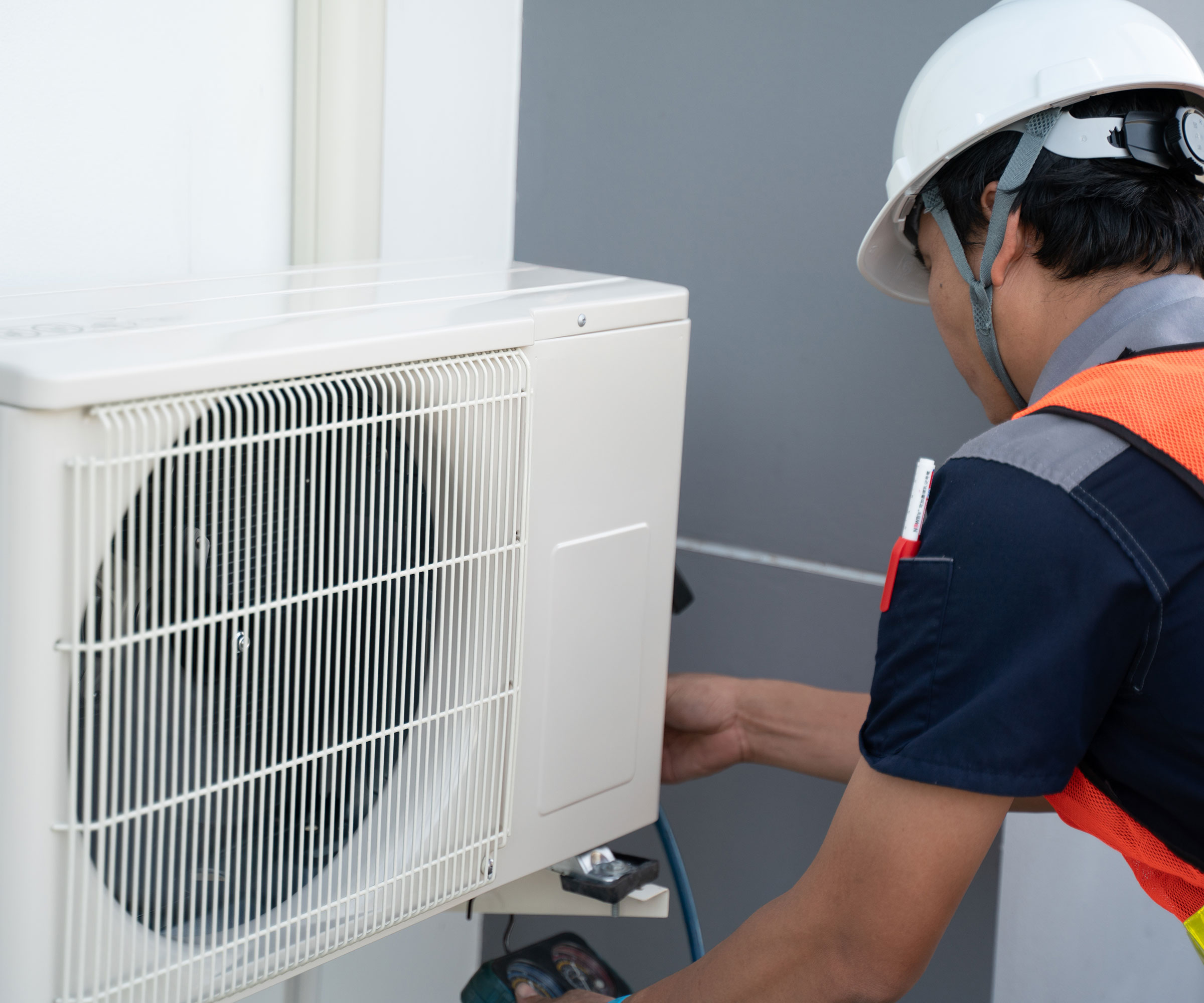
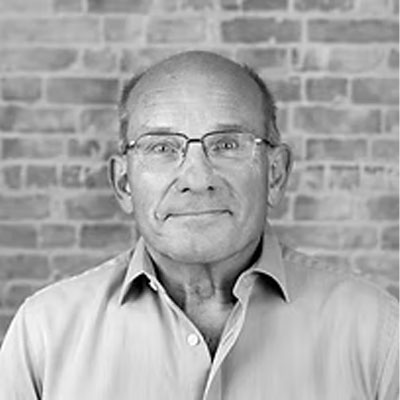
Founder of Elite Renewables, Martyn Fowler is one of the UK's leading renewable technology experts, working with heat pumps for the last 2 decades. His passion for decarbonisation matched with a deep technical experience of the technology make him one of the industry's go-to experts for all things renewable.
How much does HVAC cost to run?
The running costs of any kind of heating system, or even many home appliances, need to be considered when weighing up whether or not it is worthwhile.
Bring your dream home to life with expert advice, how to guides and design inspiration. Sign up for our newsletter and get two free tickets to a Homebuilding & Renovating Show near you.
'A lot of people are surprised by how reasonable running costs can be for a modern high‑efficiency system,' says Martyn Fowler. 'A typical 2 kW indoor unit uses roughly 600 watts of electricity. At current average tariffs, that’s roughly around 15p per hour of operation. Larger units cost more, but many homes only run them for a few hours a day during peak heat.'
If you are struggling to choose between HVAC or a heat pump, it is worth noting that the latter has lower running costs.
'An AC system that uses electric resistance heating will cost more to run than a heat pump,' says Michael Zohouri, the founder of Pyramid Eco. 'A well-designed heat pump can deliver four units of heat for every unit of electricity – a big difference over the winter heating season.'

Renewable heating expert Mars recently self-published a homeowner's air source heat pump installation guide titled 'Bodge Buster.' He is the founding editor of Renewable Heating Hub.
What factors affect HVAC costs?
While it is possible to get a good idea of HVAC costs, it is important to bear in mind that there are factors that can push costs up. Being aware of these should help you avoid any nasty surprises, particularly if retrofitting a home.
'The biggest cost drivers are installation complexity and specification,' explains Martyn Fowler. 'If the outdoor unit needs to be sited far away from the indoor unit, or pipework has to go through multiple walls, labour and materials costs go up.
'A straightforward wall‑mounted unit in an easily accessible location is much more cost‑effective to install.'
Are there any hidden HVAC costs?
Many people, when budgeting for an HVAC system, fail to take into account the long-term financial commitments.
'You’re looking at £150 to £200 for a full annual service,' points out Martyn Fowler. 'In between professional services, you want to make sure filters are clean and airflow is unobstructed,' continues Martyn. 'One‑off maintenance jobs, such as cleaning filters or checking refrigerant pressure, are relatively straightforward.'
It is also worth noting here, that one of the biggest HVAC mistakes people make is to specify the wrong size unit. This can have a knock-on effect on costs.
'People often assume bigger is better, but an oversized system can short cycle,' explains Martyn Fowler. 'That means it turns on and off too often, wasting energy and wearing out the unit faster.'
Trying to save by opting for a small unit can also be a false economy.
'An undersized heat pump or boiler will run constantly, trying to keep up, especially during those damp winters,' says HVAC expert Gerrit Jan Reinders, CEO of Reinders Corporation. 'It'll work overtime and break down faster.'
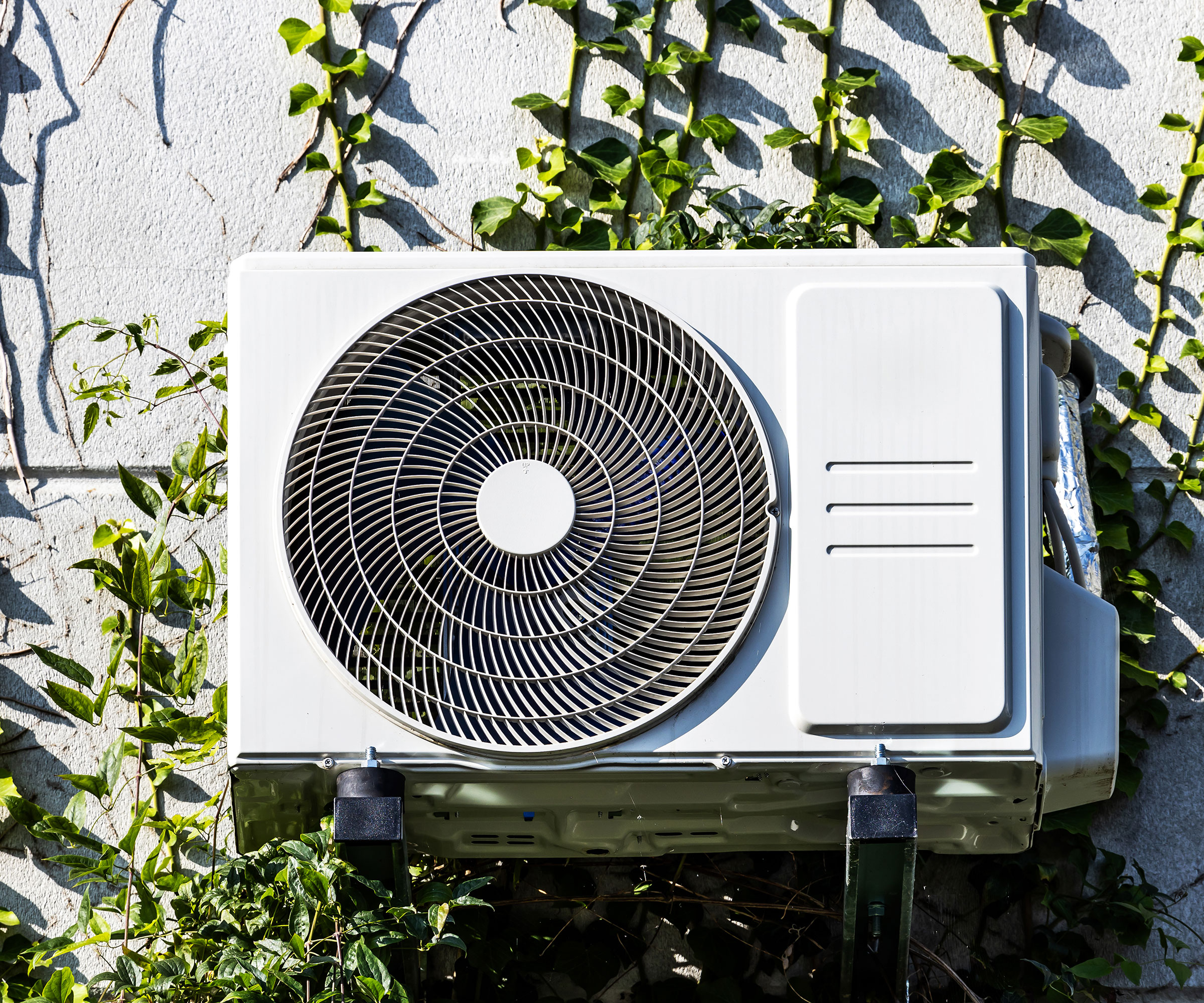
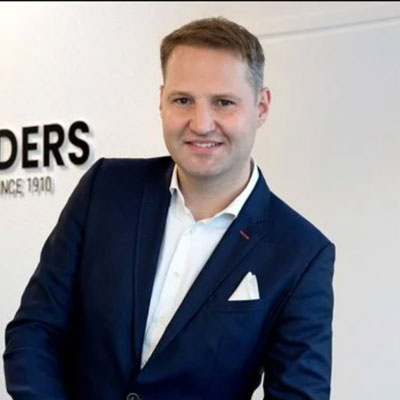
Gerrit Jan Reinders is a distinguished entrepreneur, investor, and business leader who represents the fourth generation of the Reinders family business empire. As the current CEO of Reinders Corporation, he oversees a diversified industrial conglomerate with global operations spanning over 100 countries, specializing in technical climate systems, greenhouse technology, and industrial solutions. He represents a unique blend of traditional industrial expertise inherited through four generations of family business leadership, combined with modern entrepreneurial innovation and international expansion capabilities. His success spans from traditional manufacturing and climate systems to cutting-edge storage technology and sustainable business practices.
Is HVAC a good investment?
An HVAC system can offer many benefits to homeowners, both in terms of efficient heating as well as lower monthly energy bills, but is it right for you? It seems that the answer to this lies in how you use your home and the type of property you live in.
'It’s worth the investment if you’re working from home a lot or you struggle to sleep during heatwaves,' explains Martyn Fowler. 'In those situations, you’re getting real value day-to-day.
'Where air conditioning and HVAC really pays off is in a home that holds the cool air well,' continues Martyn. 'If the property is well insulated and draught proofed, the system can run efficiently without constantly fighting against heat coming in or cool air escaping. It’s always a good idea to think about insulation first, because that investment pays you back whether you install air conditioning or not.
'If you’re only going to use your HVAC system a handful of days a year, I’d look at smaller cooling options before going for a full HVAC system.'
On this final point, many homeowners in the UK find that portable air conditioners suffice.
Shop portable air conditioners
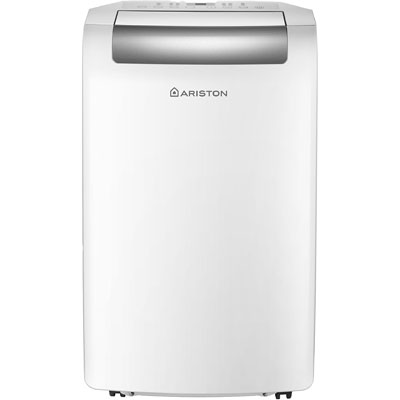
Designed to cool spaces sized between 13-20m², this 10,000 BTU portable air conditioning unit is simple to operate and pleasingly robust. In addition, unlike some portable AC units, this one is relatively quiet to run, at just 47.5 dB(A), meaning it won't keep you awake at night.
FAQs
Is HVAC the same as air conditioning?
There is often an element of confusion surrounding the differences between HVAC and air conditioning. Although they are related, they are not the same thing
HVAC is a broad term that covers systems designed to control temperature, humidity and overall air quality.
Air conditioning systems cool the air, although many models are now also capable of heating and even acting as a dehumidifier.
Tempted to install air conditioning now that UK temperatures are hotting up? If you take the plunge, make sure you know the temperature to set your air conditioner to make the most of it.
Natasha was Homebuilding & Renovating’s Associate Content Editor and was a member of the Homebuilding team for over two decades. In her role on Homebuilding & Renovating she imparted her knowledge on a wide range of renovation topics, from window condensation to renovating bathrooms, to removing walls and adding an extension. She continues to write for Homebuilding on these topics, and more. An experienced journalist and renovation expert, she also writes for a number of other homes titles, including Homes & Gardens and Ideal Homes. Over the years Natasha has renovated and carried out a side extension to a Victorian terrace. She is currently living in the rural Edwardian cottage she renovated and extended on a largely DIY basis, living on site for the duration of the project.
